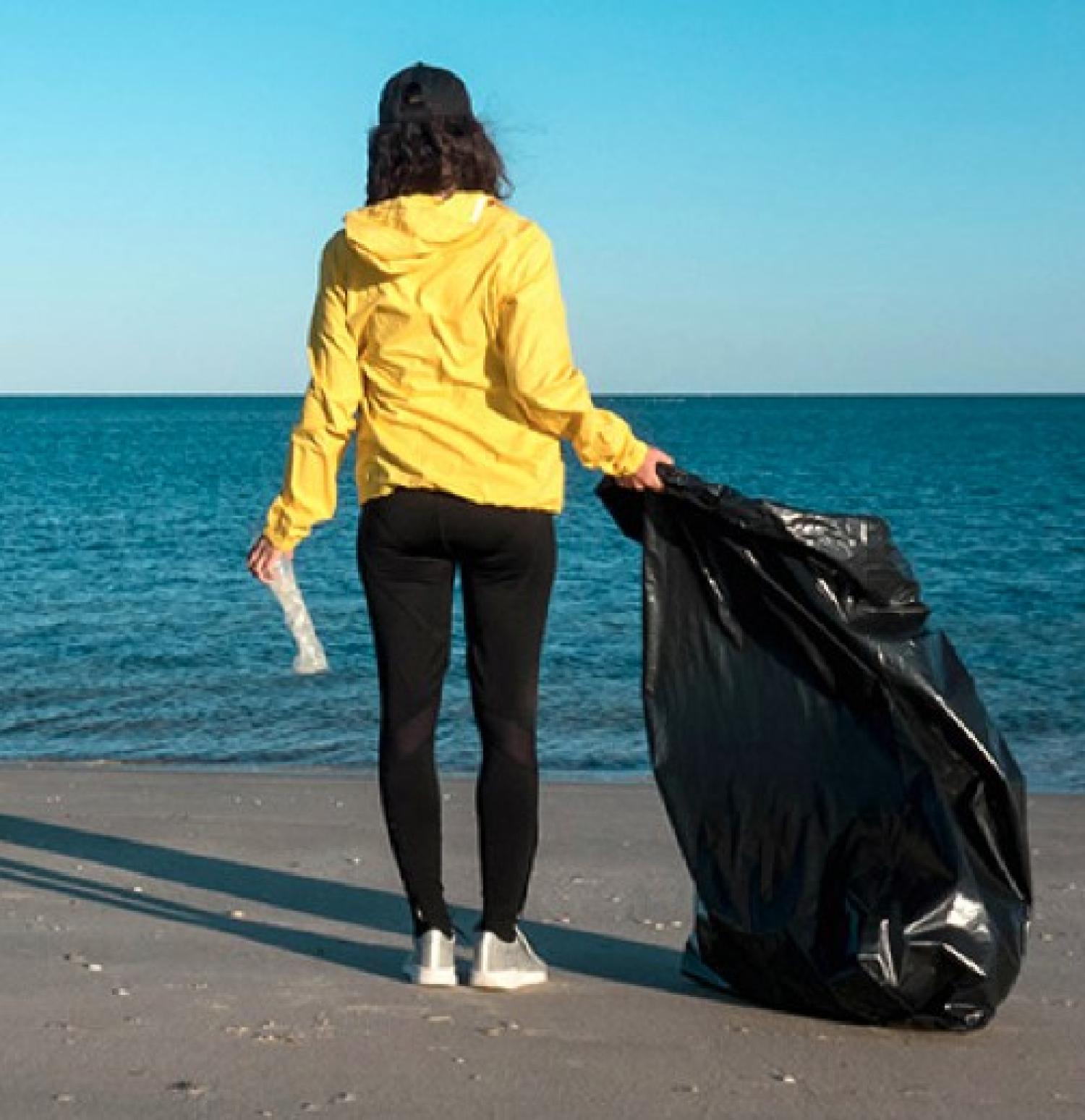How to find the balance in living sustainably

Like many things in life, sustainability can be a spectrum. The list of things that all of us can do in order to help the planet is endless; we must all find the balance in our own lives with what we are able to sacrifice for the greater good. Only you can decide, according to your own moral code, what actions you personally need and want to take in your life in the fight against climate change.
The sliding scale of sustainability
The little things: small things you can do everyday that will make a difference.
- Turning off the lights after you leave the room
- Taking shorter showers
- Recycling inside and outside your home
- Thrifting rather than buying new items and using reusables
The bigger things: these actions could impact your life on a bigger scale.
- Going vegan or vegetarian
- Eating local produce
- Biking and using public transportation
- Checking the labels of the things you buy to make sure they are environmentally friendly
- Composting inside and outside your home
The lifestyle switch: actions that permanently change your style of living.
- Not flying on airplanes and using only bikes or public transportation
- Living off-grid
- Never buying new
- Using renewable energy
Finding a balance
- Only you can decide what lifestyle changes you're willing to make. If everyone did the bare minimum, the planet would not be in the situation it's in today.
- Do what you can to make a difference, even if you see other people or larger corporations who are not.
All or nothing: the story of Michael Foster
NPR recently did a story about a man who put climate activism as the top priority in his life; it drove a wedge between him and his family. He did not allow his kids to adopt a pet because he believed that pets had too big of a carbon footprint. In 2016, he participated in his biggest activism stunt yet: he and four other protestors manually turned off five oil pipelines in North Dakota.
Foster was arrested on site. According to an article by Seattle Met, “At his arraignment, Foster still didn’t have legal representation. The prosecutor threw the book at him: eight felony and misdemeanor charges adding up to 51 years.” In the end, he only spent six months in prison.
This activism stunt turned Foster into a hero--but also ultimately caused his wife to file for divorce and his children to stop speaking to him. In their eyes, he endangered their family stability for the planet and ultimately chose his cause over them.
His story is what inspired this article--if you are interested in a gripping tale about what happens when climate beliefs become extreme, check out the podcast here.
How to deal with friends who aren’t eco-conscious
The best way to fight climate change is by millions of people making small changes. Rather than becoming annoyed with friends and family when they refuse to adopt sustainable habits, instead consider what ways they can act more sustainably that best fit their own lifestyle and morals. Have kind debates with your friends about their eco-habits; give them items that will help them become sustainable more easily. Kindness is always the best tool for the cause.
Resources


